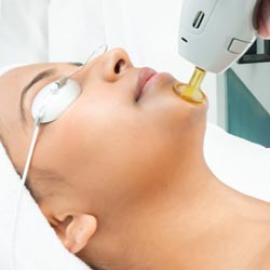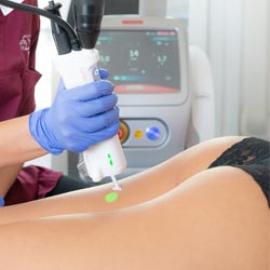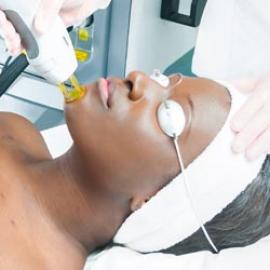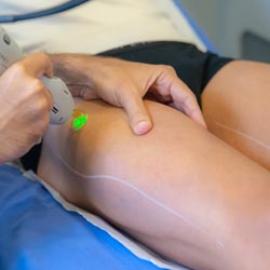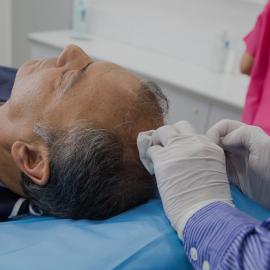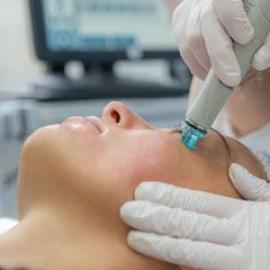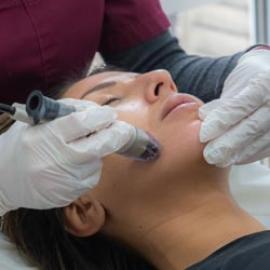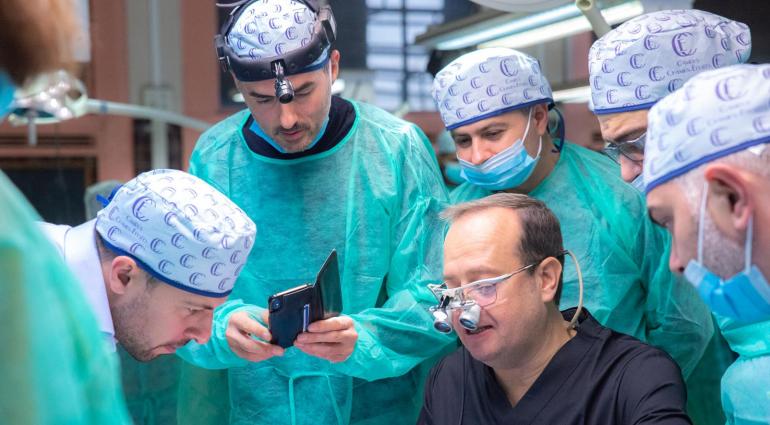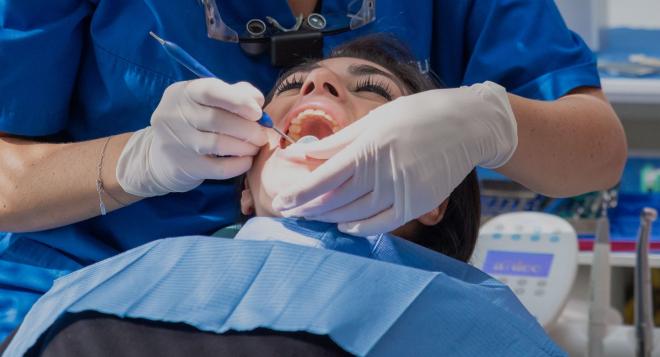
Your smile is a sign of your kindness and charm. Some dental diseases, however, can affect the vitality of our teeth. A devitalized tooth is a tooth that has become insensitive either on a voluntary basis to relieve pain or after a traumatic shock. It is advisable to consult a dentist in order to provide the best care for devitalized teeth.
Devitalized teeth: definition
The tooth is a hard organ made up of mineralized tissues, specifically calcium hydroxyapatite. The tooth consists of three separate sections. The crown is the raised part of the tooth that is required for chewing. This upper part is covered with an enamel that protects it and provides it a pearly white colour. The enamel covers the dentine that links the crown to the pulp. This last part comprises all the blood vessels and nerves of the teeth. Dentin and pulp are connected to the jawbone.
In contrast to popular belief, devitalized teeth are not dead teeth. The tooth is still attached to the bone by the ligaments and supplied by the blood vessels. The tooth nerve, on the other hand, has receded entirely so that the tooth is completely desensitized.
There is a correlation between dental and cardiac pathologies. Tooth infections can affect the vessels and spread certain bacteria to the blood that supplies the body through the arteries. It is therefore important for a dental infection to be tracked by a specialist.
Devitalized teeth: the causes
The reasons that lead dentists to devitalize a tooth are either due to infection or trauma.
A tooth can be devitalized as a result of decay. Food may leave deposits of bacteria that seep into the tooth enamel as well as the acidity of the saliva. The cavity is created and the bacteria enter the tooth. If the decay is not treated in time, the bacteria may reach the nerve and lead to infection. This is painful and the tooth should be devitalized to treat the infection.
In addition, they can be severely damaged during an accident or a violent blow to the teeth. If the tooth is broken or torn, the nerve is directly affected. Devitalization is essential in the majority of cases in order to protect the vessels and nerves.
Devitalized teeth: the treatments
An initial visit to the dentist is important in order to agree on the best treatment to be applied.
Once a tooth has been devitalized, in other words the nerve has been excised and the tooth has no distinct sensitivity, it is a question of reconstructing it.
In order to protect the root of the tooth, the dentist proposes to install a dental prosthesis on the patient. These prostheses take the form of a crown that allows the patient to chew adequately. The crown can be created with porcelain in such a way that it is the same color as the natural teeth of the patient or metal (silver).
The crown is molded and adapted so that it is best suited to avoid visual and/or functional discomfort. Patients can smile again and show off all their teeth.








































